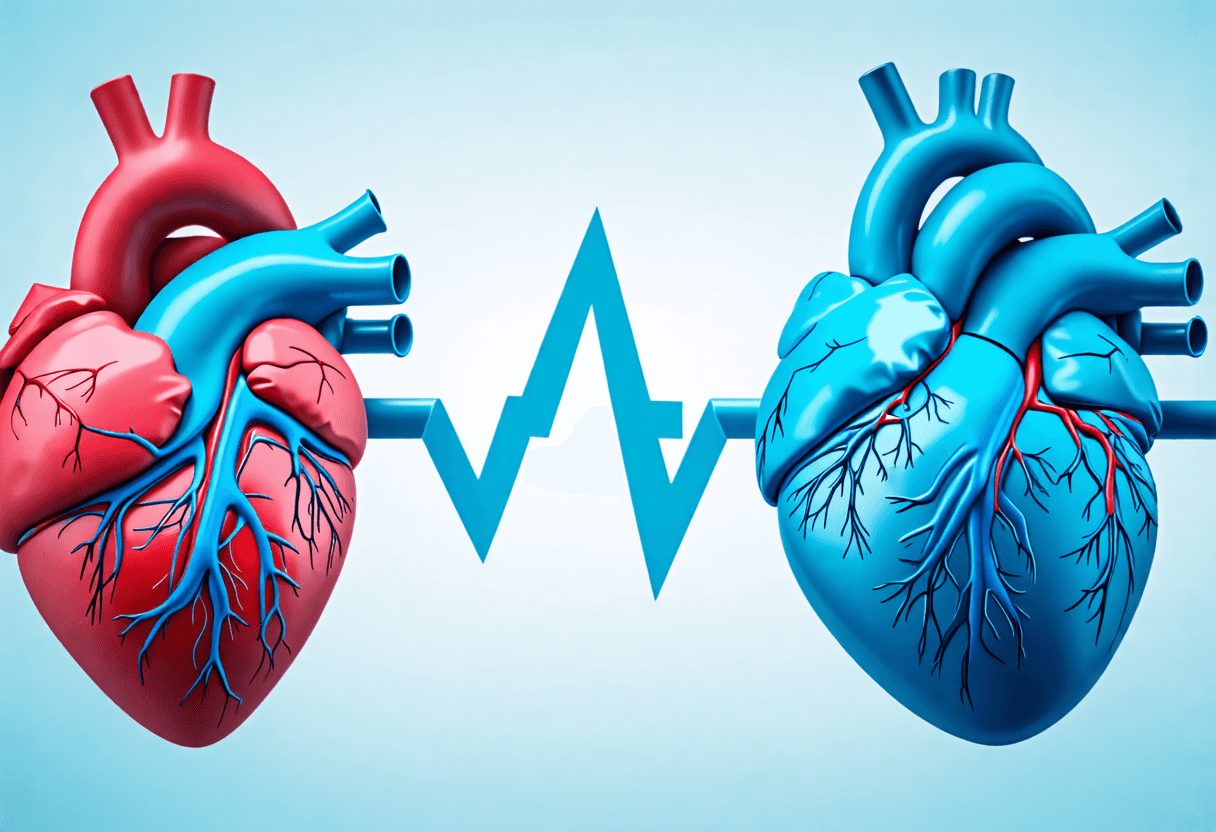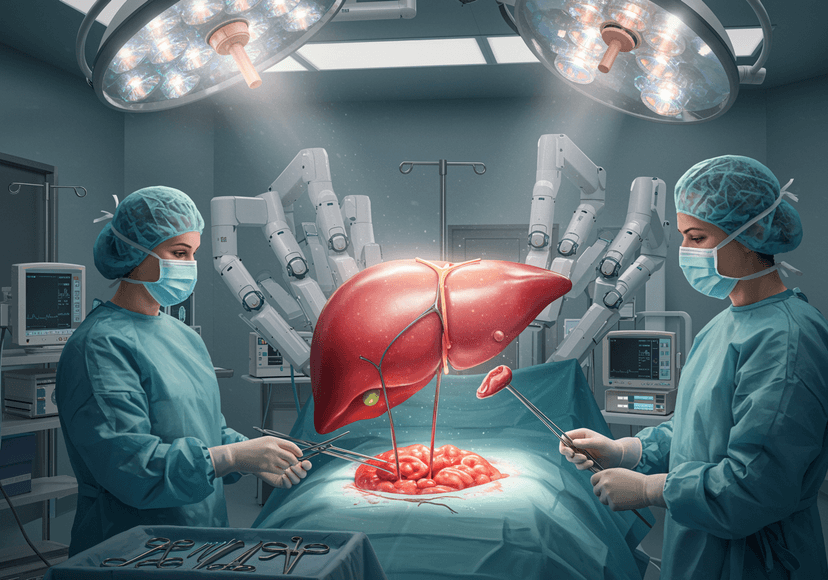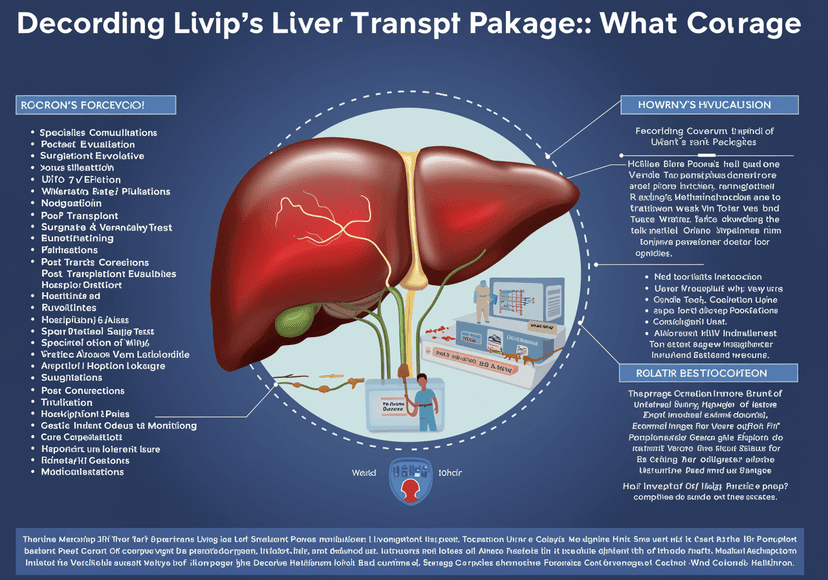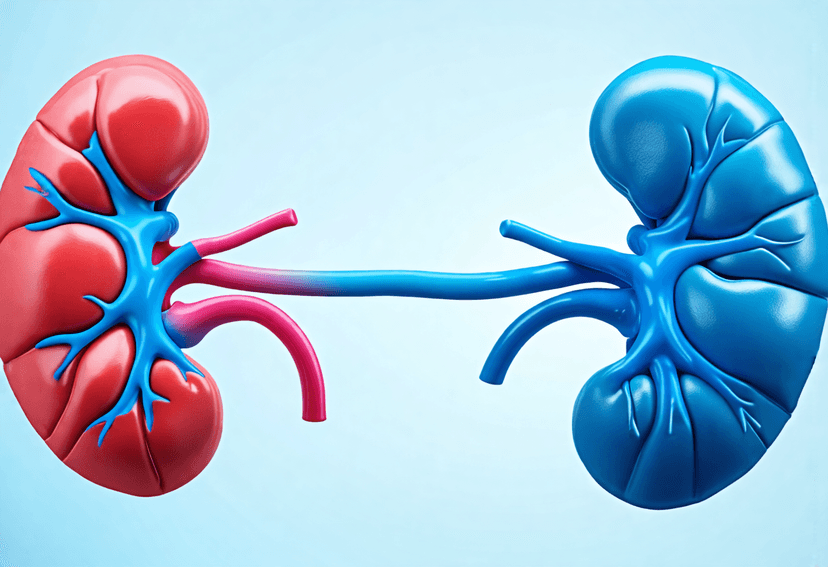
Heart Transplant Recovery: What to Expect
12 Oct, 2024
 Healthtrip
HealthtripA heart transplant is a life-changing event that requires careful planning, preparation, and recovery. While the thought of undergoing such a major surgery can be daunting, understanding what to expect during the recovery process can help alleviate anxiety and empower individuals to take control of their health. In this blog, we will delve into the intricacies of heart transplant recovery, exploring the physical and emotional challenges that come with it, and providing valuable insights to ensure a smooth and successful transition.
The Initial Recovery Phase (0-6 weeks)
The initial recovery phase is the most critical period, where the body adjusts to the new heart and the surgical trauma. Immediately after the surgery, patients are taken to the intensive care unit (ICU) for close monitoring. This phase is characterized by a flurry of medical activity, with a team of healthcare professionals working tirelessly to stabilize the patient's condition. During this time, patients may experience a range of emotions, from relief and gratitude to anxiety and fear. It's essential to have a strong support system, comprising family, friends, and caregivers, to help navigate these emotional ups and downs.
Most popular procedures in India
Pain Management and Medication
Pain management is a crucial aspect of the initial recovery phase. Patients may experience discomfort, soreness, and numbness in the chest area, which can be managed with medication. The medical team will work closely with patients to develop a personalized pain management plan, which may include a combination of medications, breathing exercises, and relaxation techniques. Additionally, patients will be prescribed immunosuppressive medications to prevent rejection of the new heart, which must be taken as directed to ensure a successful outcome.
The Intermediate Recovery Phase (6-12 weeks)
As patients progress to the intermediate recovery phase, they will begin to regain their physical strength and endurance. This phase is marked by a gradual increase in physical activity, with patients encouraged to engage in light exercises, such as walking and stretching. It's essential to follow the exercise plan devised by the healthcare team, as it will help improve cardiovascular health and reduce the risk of complications. Patients may also start to reintroduce themselves to their daily routine, including work, social activities, and hobbies.
Wellness Treatments
Give yourself the time to relax
Lowest Prices Guaranteed!

Lowest Prices Guaranteed!
Nutrition and Hydration
Nutrition and hydration play a vital role in the recovery process. Patients must adhere to a heart-healthy diet, rich in fruits, vegetables, whole grains, and lean proteins. A well-balanced diet will help support the new heart, reduce the risk of complications, and promote overall health. Staying hydrated is equally important, with patients encouraged to drink plenty of water and electrolyte-rich beverages to prevent dehydration.
The Late Recovery Phase (3-6 months)
The late recovery phase marks a significant milestone in the heart transplant journey. Patients will continue to regain their physical strength, and may start to engage in more strenuous activities, such as cycling or swimming. It's essential to continue following the exercise plan, as it will help improve cardiovascular health and reduce the risk of complications. Patients may also start to reintroduce themselves to their social circle, including friends and family, which can help alleviate feelings of isolation and loneliness.
Emotional Well-being
The late recovery phase is also a time for emotional reflection and healing. Patients may experience a range of emotions, from anxiety and fear to gratitude and relief. It's essential to acknowledge these emotions, and seek support from loved ones, support groups, or mental health professionals. Practicing stress-reducing techniques, such as meditation and deep breathing, can also help alleviate anxiety and promote emotional well-being.
Long-term Recovery and Follow-up Care
The long-term recovery phase is a critical component of the heart transplant journey. Patients must commit to a lifelong regimen of immunosuppressive medications, regular follow-up appointments, and a heart-healthy lifestyle. Regular check-ups with the healthcare team will help monitor the new heart, identify potential complications, and make any necessary adjustments to the treatment plan. Patients must also remain vigilant about their overall health, reporting any changes or concerns to their healthcare team promptly.
In conclusion, heart transplant recovery is a complex and multifaceted process that requires patience, dedication, and perseverance. By understanding what to expect during each phase of recovery, patients can empower themselves to take control of their health, and navigate the challenges that come with this life-changing event. With the right mindset, support system, and medical care, individuals can thrive after a heart transplant, and enjoy a long and fulfilling life.
Related Blogs

Healthtrip's Advanced Liver Transplant Technology
Discover Healthtrip's state-of-the-art liver transplant facilities, boasting advanced technology and

Best Heart Bypass Surgery Packages on Healthtrip 2025
Explore top heart bypass surgery packages on Healthtrip for 2025.

Decoding Healthtrip's Liver Transplant Packages: What's Covered?
Learn exactly what Healthtrip's all-inclusive liver transplant packages offer, from

Experience World-Class Cardiac Care at Fortis Escorts
Get the best cardiac treatment at Fortis Escorts Heart Institute

India's Leading Hospitals for Organ Transplant
Get the best organ transplant in India from top hospitals

Kidney Transplant: What to Expect
A comprehensive guide to kidney transplant surgery and recovery










